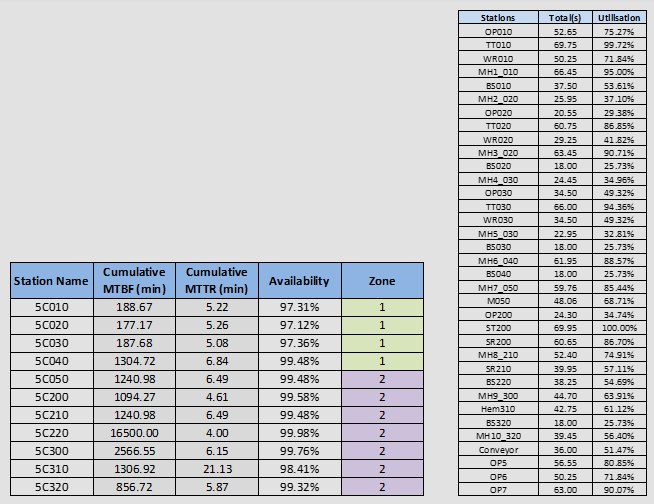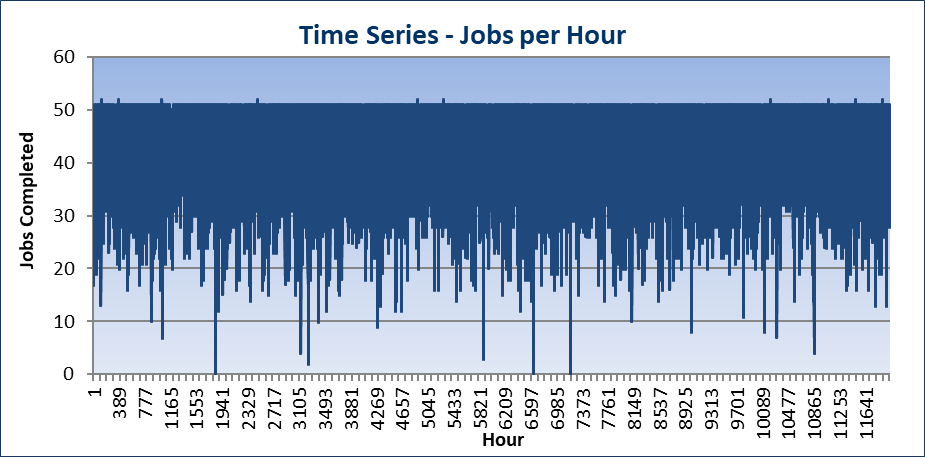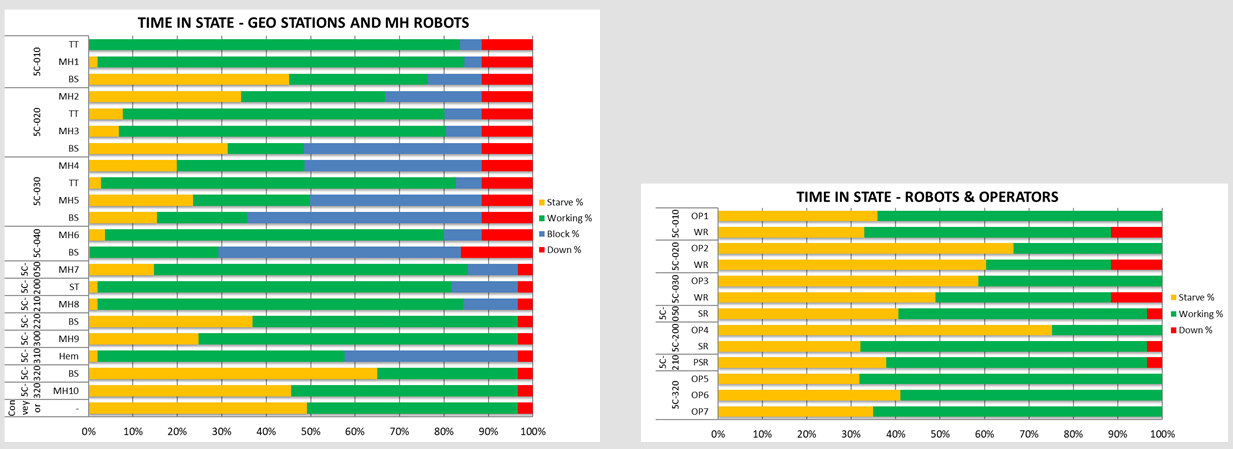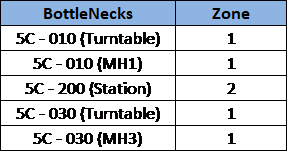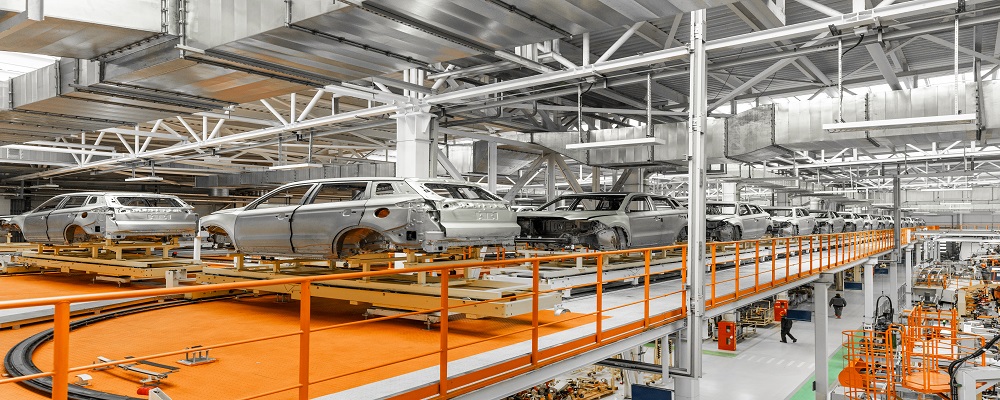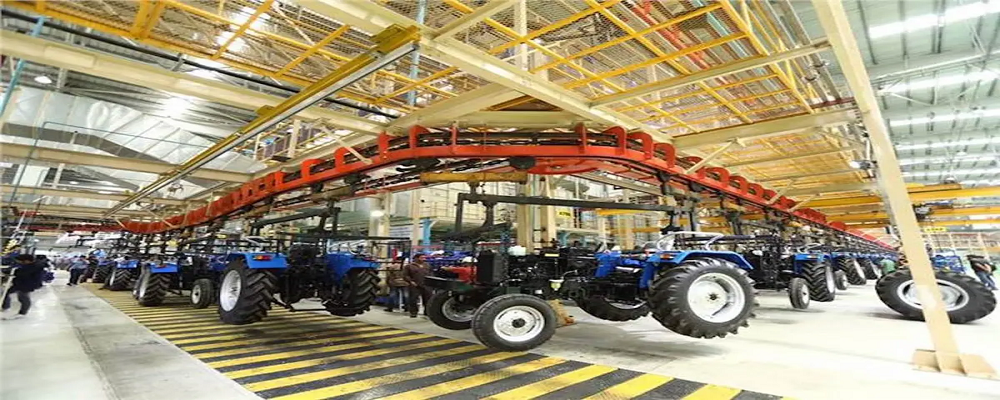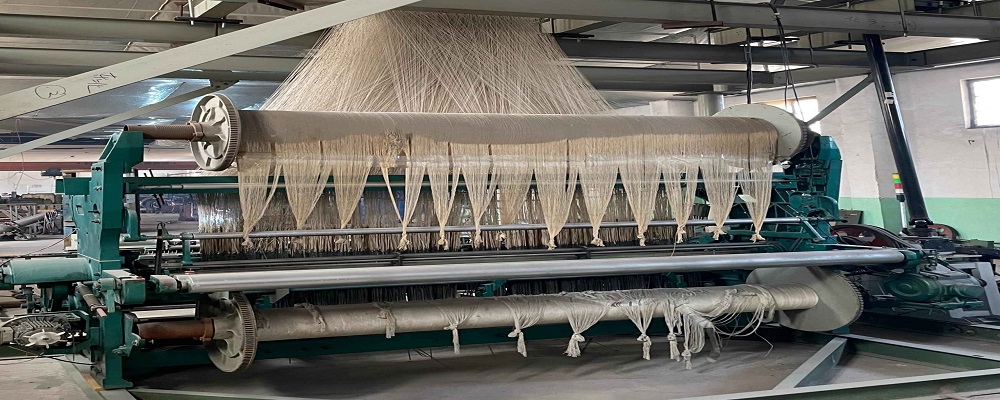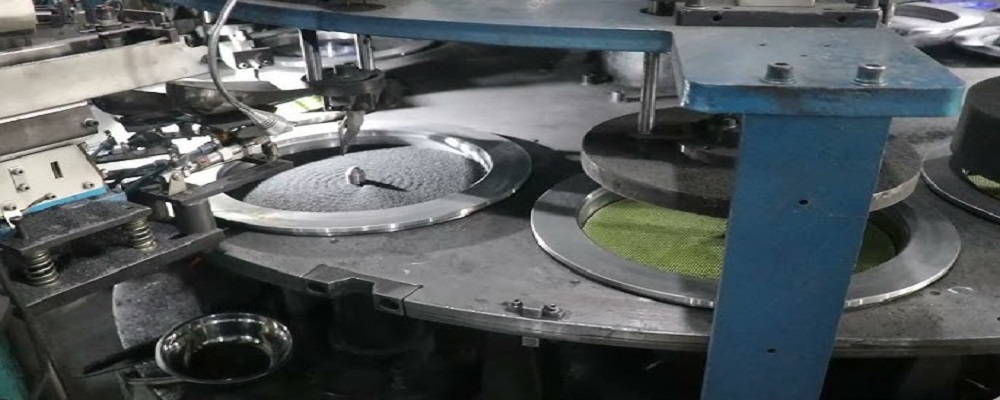Analyzing Production in Car Manufacturing Industry through Simulation Study
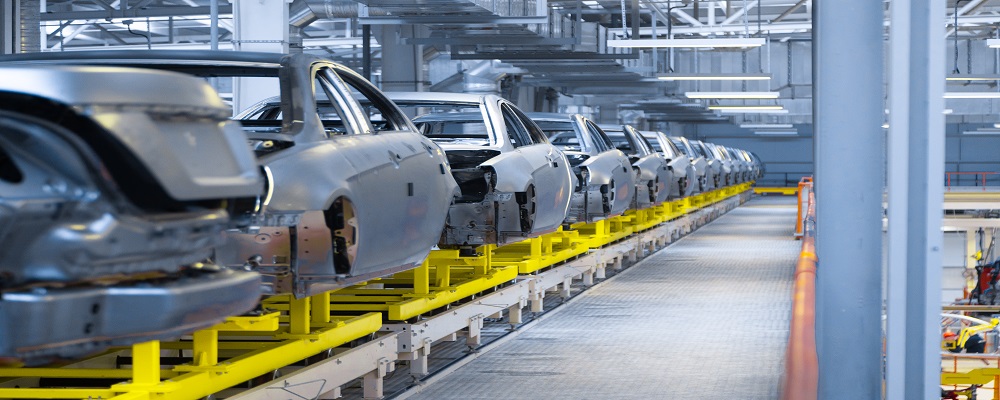
Client Organization is a global automotive industry leader specializing in the production of body-in-white closures, exhaust systems, and closure manufacturing equipment.
They provide a complete turn-key solution, offer a fully integrated production system that supports customers from product design, tool development, through mass production. The flawless execution of their Full Vertical Approach enables them to achieve short vehicle development timeframes with exceptional quality.
To quickly understand their design, a simulation study is done to ascertain the required operating parameters.
Key Points
- Current Facility can achieve required throughput.
- Material Handling robot 5C-010 is the bottleneck.
- Several Stations are close to the bottleneck station, so many improvements would be needed to continue improving throughput.
- The planned 3 buffers between downtime zones is sufficient.
- Overall line efficiency is 93.4%.
Client’s Challenge
- Sealer Purge operation on Sealer robots
- Factoring effect of Tip change and Tip Dress of welding robots on the entire system due to the unsynchronized behaviour.
- Effect of weld take out for inspection.
- Interaction of Downtime zones.
PMI's Approach
The study was organized in a 6-stage process:
- Data Verification and Static analysis
- Conceptualization
- Model Building and verification.
- Testing Scenario’s
- Results and Conclusion
Data Verification and Static analysis – Check data provided by client, analyse information and theoretically estimate the possible utilization and output from the system.
Conceptualization – Understand all parameters, rules and possible changes in the manufacturing system. Come up with a flexible model building method to quickly accommodate possible changes.
Model Building and Verification – Using Simulation software, build and check behaviour of model against static analysis.
Testing Scenario’s – Tweak parameters and analyse the model to bring value to current facility.
Results and Conclusion – Throughput target is achieved. Optimization of skid, trolley and MHE counts. Tabulate all scenario’s tested for client reference.
Involvement of Associates –
- PMI – 1 Project Manager, 1 Engineer.
- Client – 2 Project coordinators.
Static Analysis -
- Summarize the large input data from robotic timing analysis to event based activity cycle time data.
- Estimate approximate combined downtimes for each station area and zone.
- Machines Utilization factoring in changeovers, forced delays and downtimes.
- Expected Bottlenecks –
Finding & Recommendations
After doing analysis and evaluation following results were obtained –
- Throughput analysis – 4.5% more production than target is possible.
- Machine and operator Utilizations studied
- Shown below are the top 5 bottlenecks.
- Model is flexible to add more stations, update cycle times and downtimes zones.
Let our experts show you how our Services can support your projects!
Send a message to our team by filling out the form below. Describe your project, ask questions, or even request a bid.
An expert from our team will be in touch with you within one business day!
Want to schedule a time to speak with one of our representatives NOW?


